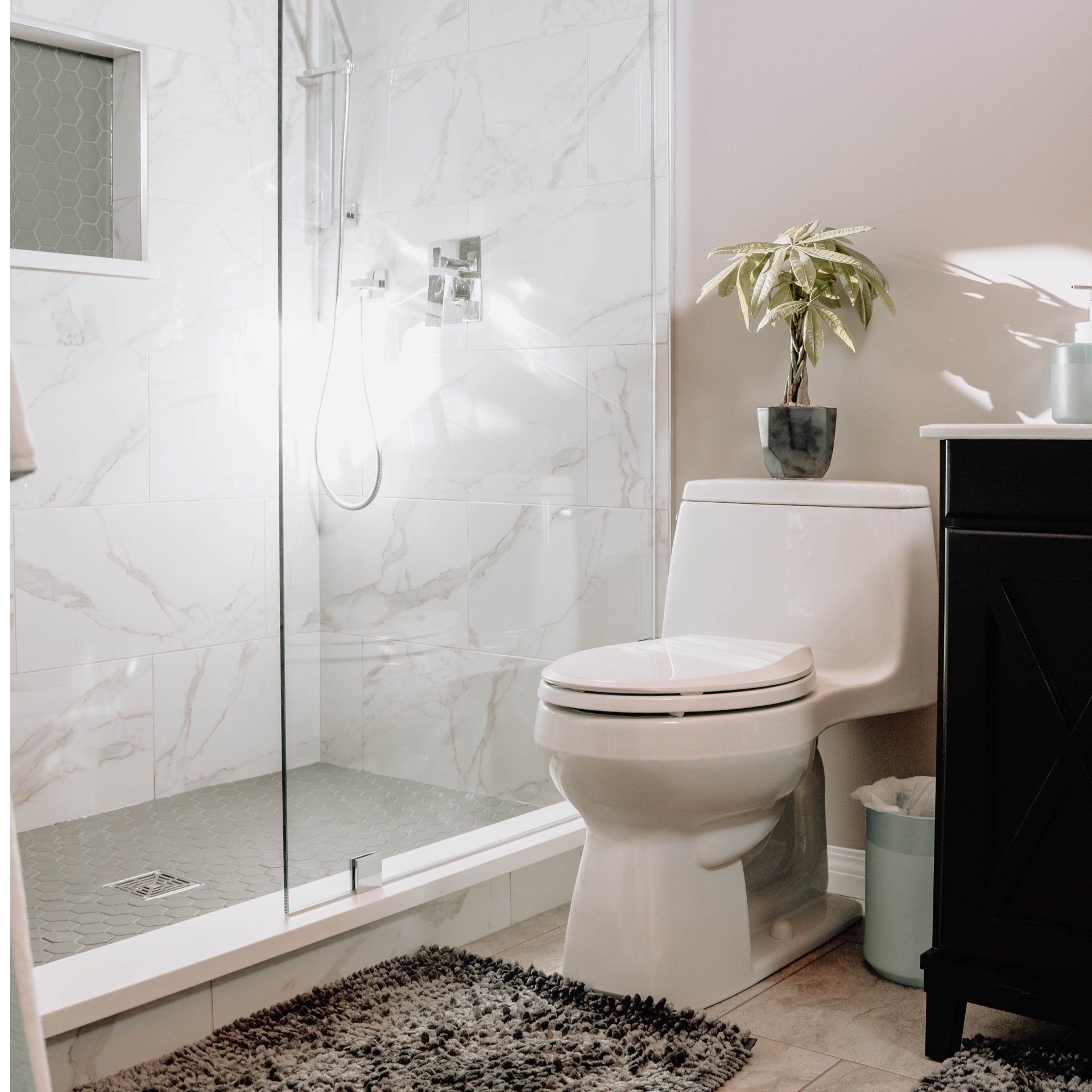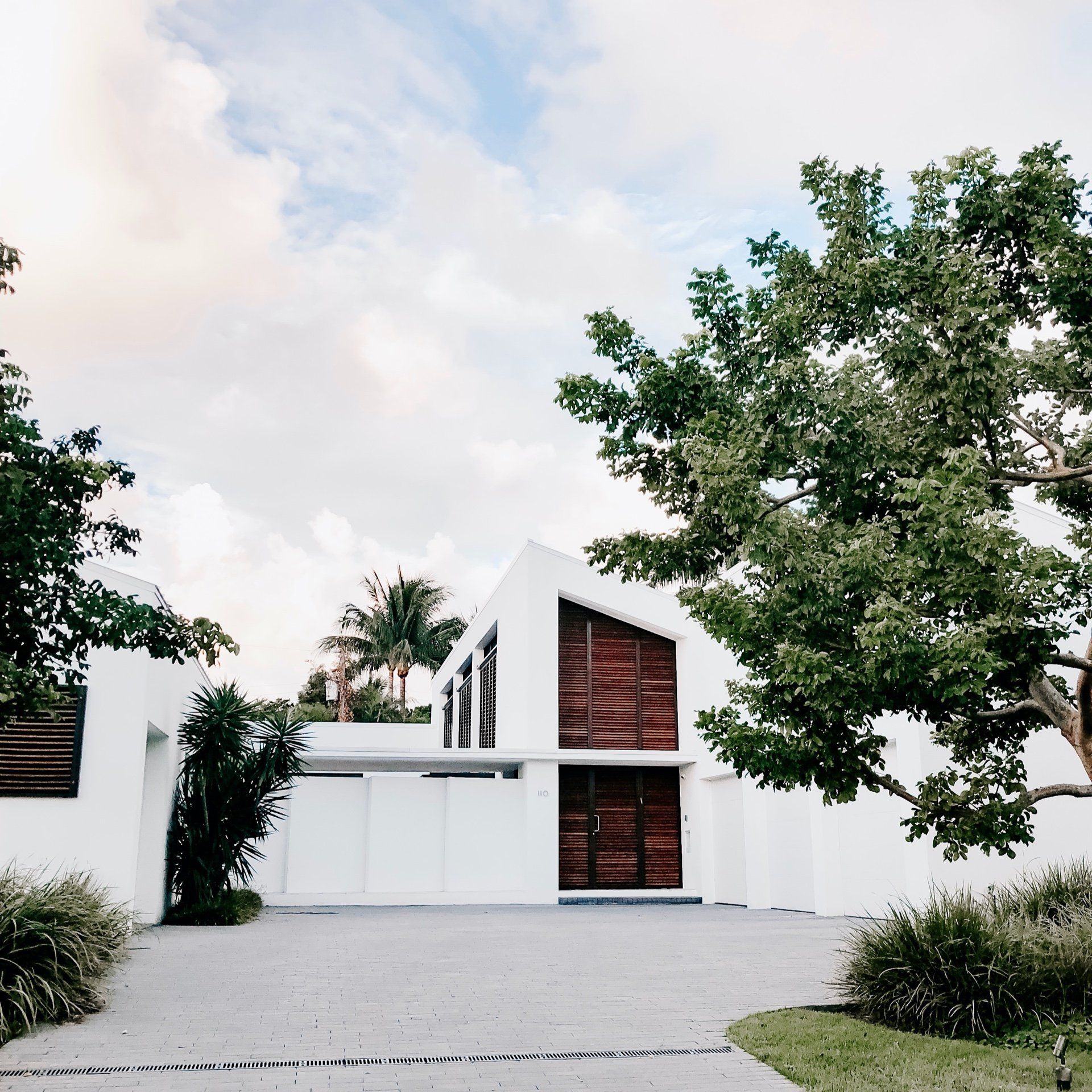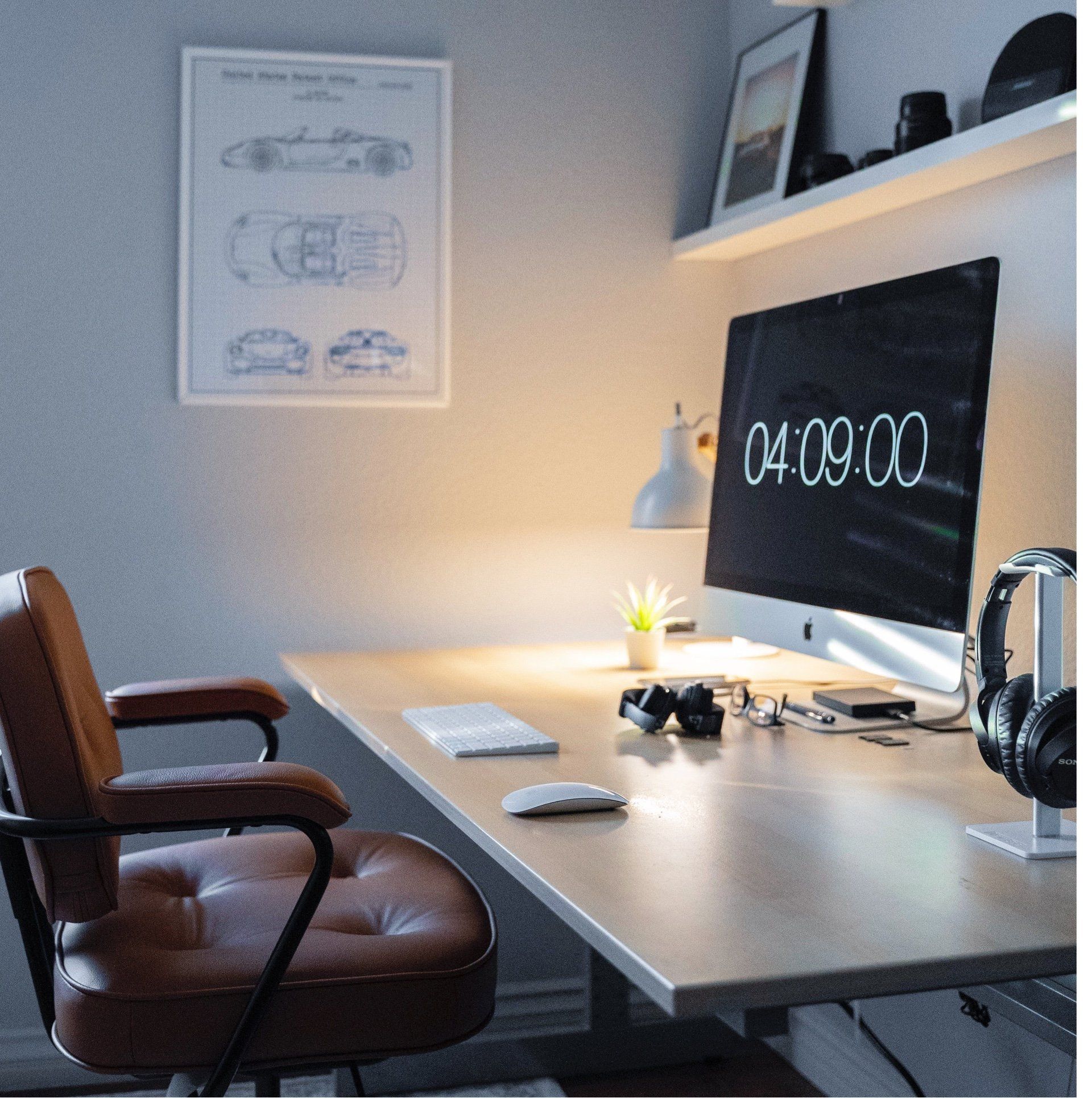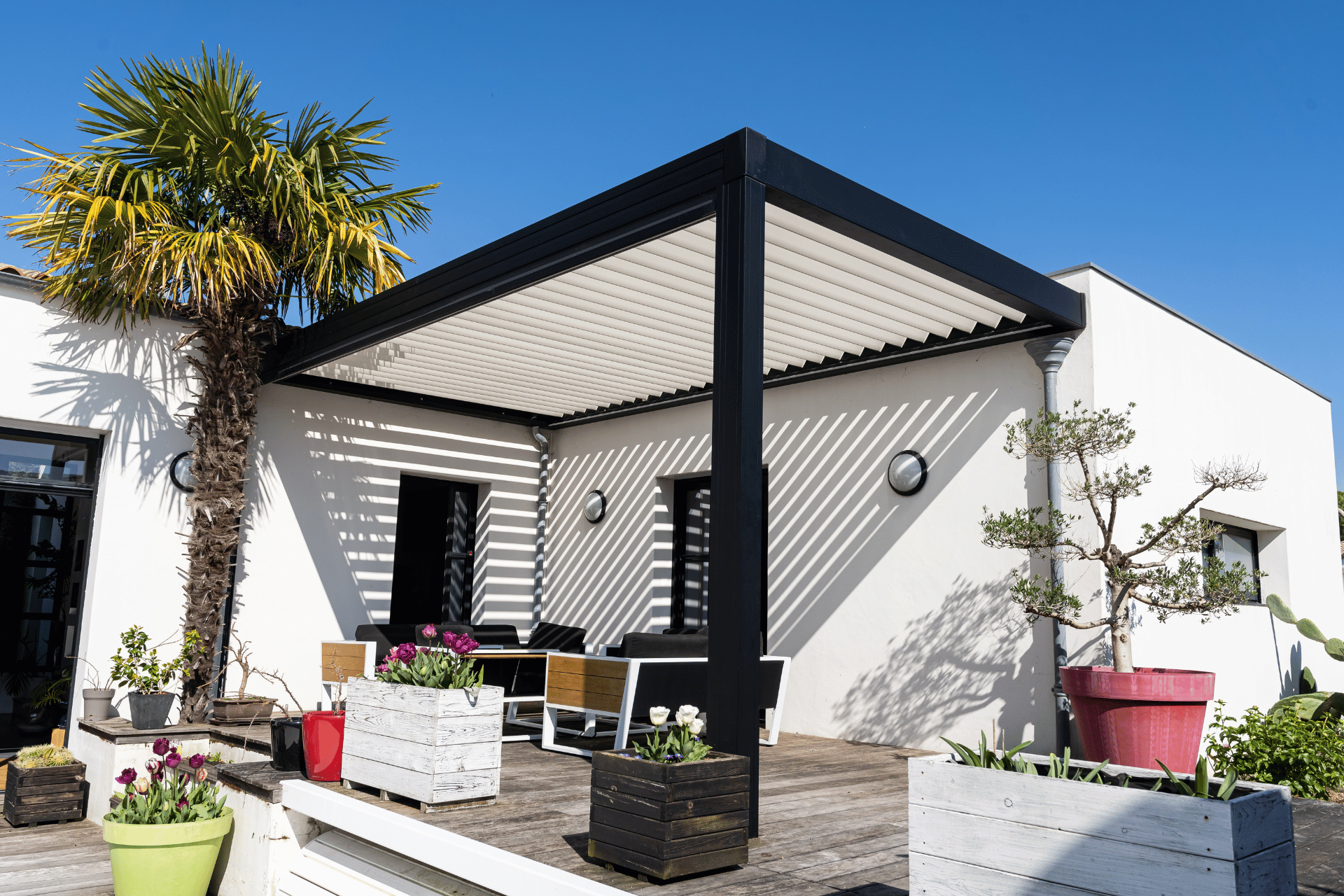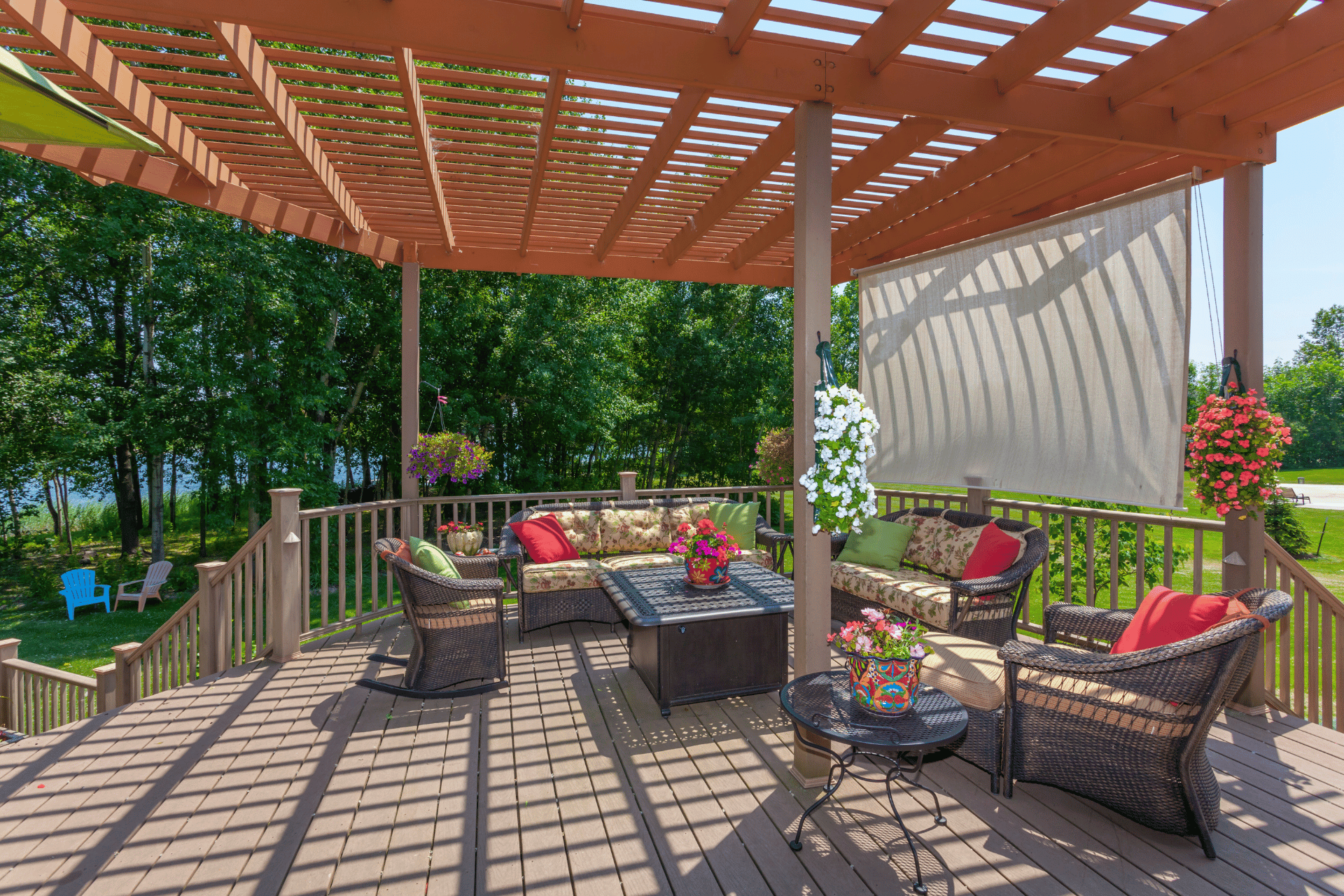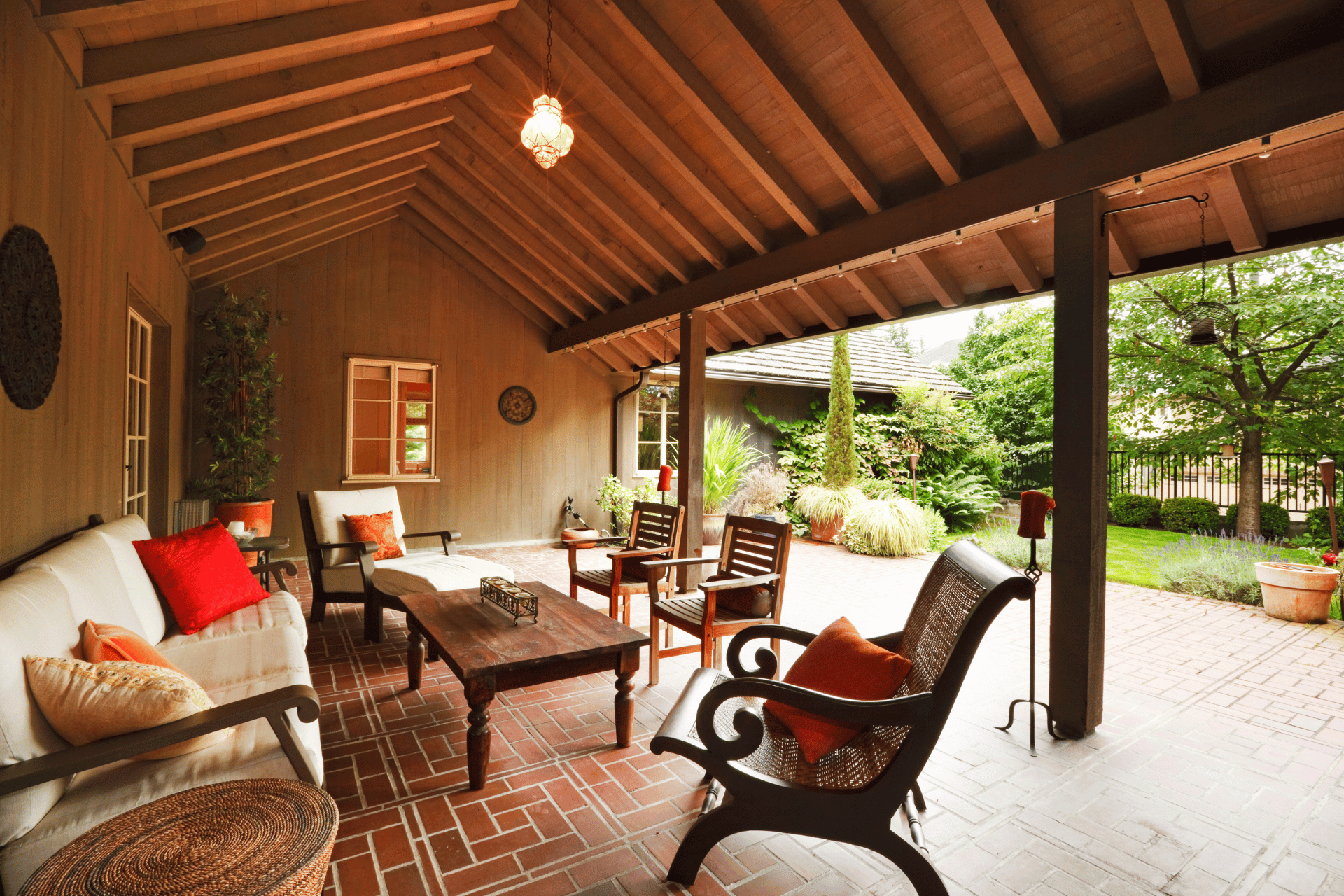Transforming Your Backyard: Top Picks for Permanent Outdoor Shade Structures
If you want to turn your backyard into a tranquil outdoor retreat but struggle to unwind because of the intense sunlight and lack of shade, don't worry anymore! You can create a comfortable and stylish escape by adding a permanent shade structure to your outdoor area, providing protection from the elements for you and your family. We will explore various choices such as pergolas, pavilions, gazebos, and patio covers to help you choose the perfect permanent shade structure for your deck or patio.
TYPES OF OUTDOOR SHADE STRUCTURES
Outdoor shade structures can be classified into two categories based on their connection to nearby buildings: attached and freestanding.
Shade structures that are attached to your house or another building provide a smooth extension of your indoor living area. Some types of attached shade structures are
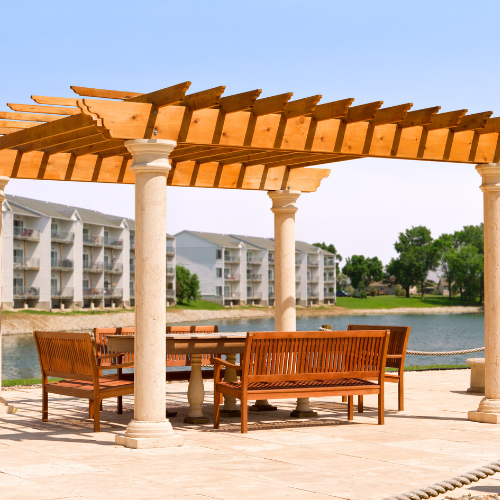
A pergola is a stylish outdoor structure that provides a sense of openness and airiness, while still offering some protection from the elements. It typically consists of vertical posts that support horizontal cross-beams, creating a roof that allows for a balance of sunlight and shade.
Pergolas can be made from a variety of materials, such as wood, vinyl, or aluminum, and can be customized to fit your specific backyard design or style preferences.
They can be freestanding or attached to a house, making them versatile and adaptable to different backyard layouts.
The open roof of a pergola allows for a comfortable outdoor space that's perfect for relaxation, dining, or entertaining. However, keep in mind that the open roof doesn't offer full protection from the elements, so you may need to move indoors during bad weather.
Despite this, pergolas are a budget-friendly option that can meet your outdoor shade needs without breaking the bank.
A patio cover is a great option for homeowners looking for a permanent shading solution that blends seamlessly with their indoor living area. By offering complete protection from the weather and ample shade, patio covers allow you to extend your living space, creating a smooth transition between indoor and outdoor areas.
Customizable to complement your home's style, patio covers not only increase your property's value but also protect your outdoor furniture and appliances from severe weather, reducing maintenance requirements and extending their lifespan. Perfect for setting up an outdoor kitchen or dining space, patio covers turn your backyard into an ideal entertainment spot for gatherings with friends and family.
If you want a shading solution that connects directly to your home, providing an expanded and protected living area, then a patio cover is the ideal option for you.
PAVILIONS
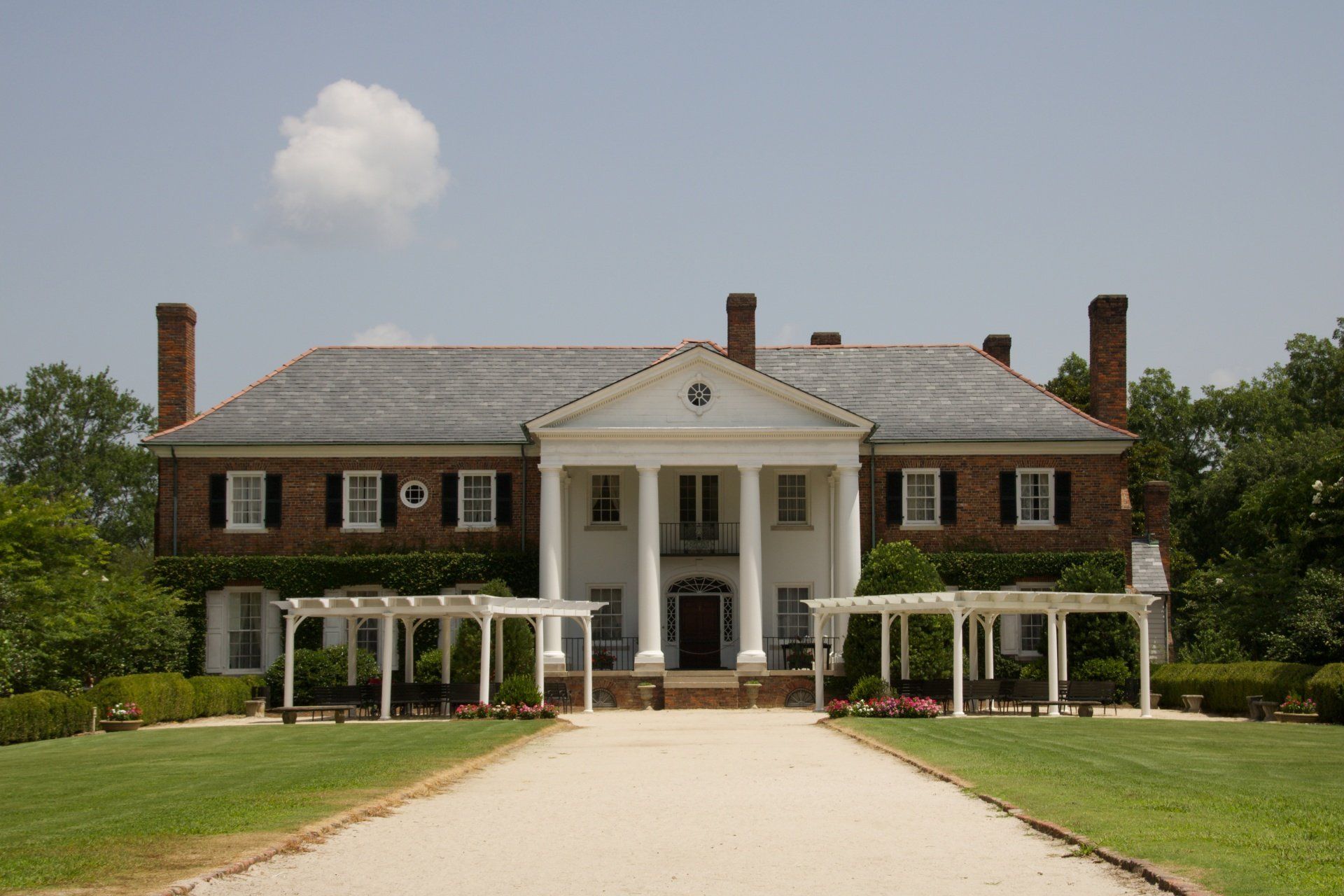
Pavilions are ideal for hosting events, gatherings, and outdoor entertainment due to their rectangular shape and solid roof. Their spacious design and open sides create a relaxing atmosphere, perfect for enjoying the great outdoors. These freestanding shade structures can be set up on any level surface, making them suitable for decks, patios, and various other outdoor areas. They can also be used as cooking areas, dining areas, home offices, or even pool houses. Additionally, pavilions can be customized with amenities like outdoor kitchens or fireplaces, providing endless possibilities for outdoor living. Their solid roof ensures that your furniture and appliances remain protected from the elements, and their freestanding design creates a separate outdoor living area in your backyard. Consider a pavilion for your outdoor space if you're looking for a free standing shade structure that offers full protection and ample space for entertainment.
GAZEBO
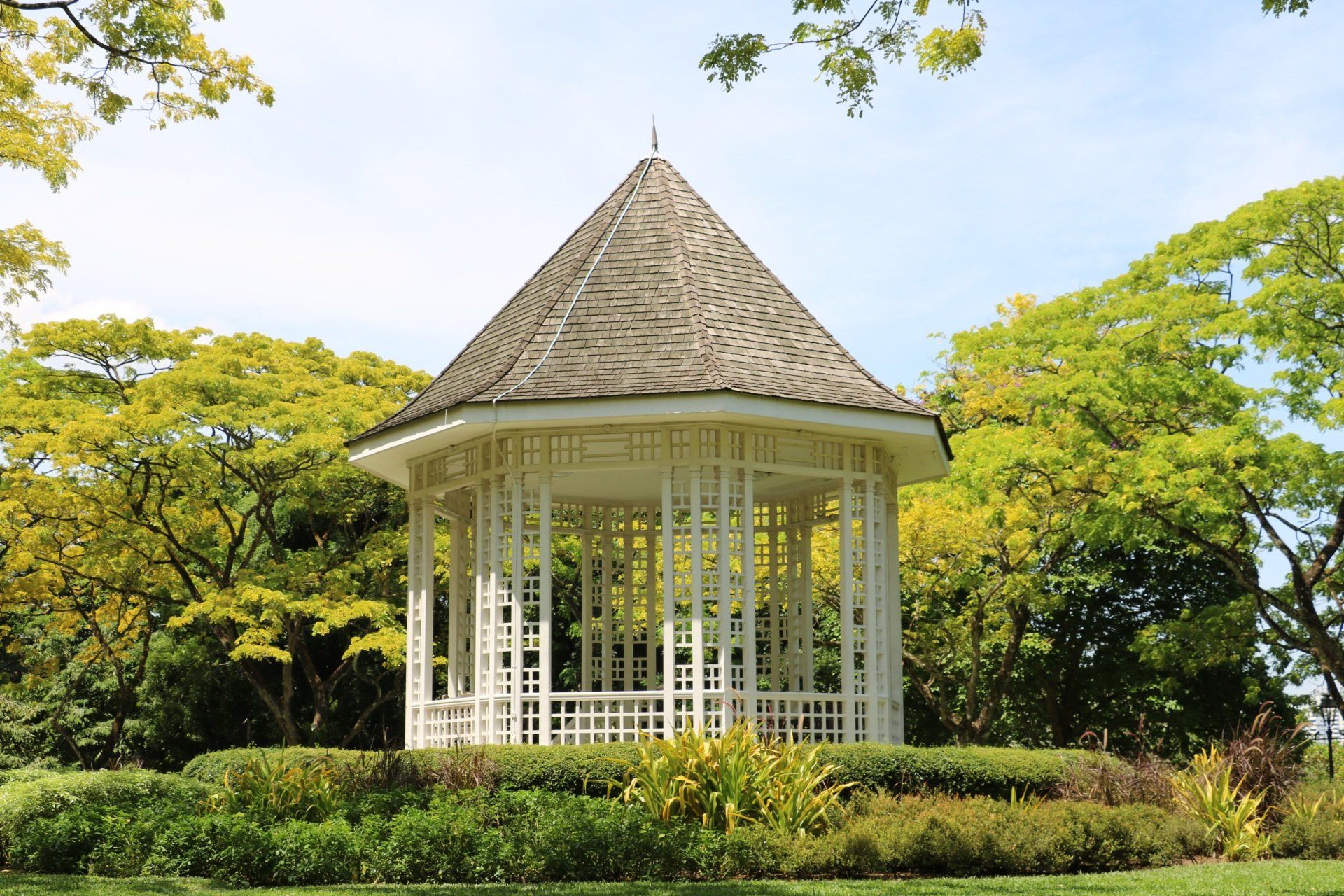
Homeowners seeking to create a serene and appealing outdoor area often choose gazebos. With their solid roofs and railings, these freestanding structures provide a sense of seclusion and privacy, making them ideal for intimate gatherings and small events. The unique design of gazebos, available in hexagonal, octagonal, or square shapes, draws attention to the center of the structure, creating a warm and welcoming atmosphere. If you're looking to host dinner parties or other small events in your backyard, a gazebo may be the perfect addition to your outdoor space.
Contact us today to get your free design consultation.
Frequently Asked Questions (FAQs)
1. What are the main differences between patio covers, pergolas, pavilions, and gazebos?
Patio covers are typically attached to the home and provide shelter from the sun and rain. Pergolas have an open roof structure, often with a lattice for climbing plants, offering partial shade. Pavilions are freestanding structures with a solid roof, providing full shade and protection from the elements. Gazebos are also freestanding, with a solid roof and partially open sides, often octagonal or round in shape, offering shelter and a scenic view.
2. How do I choose the right material for my outdoor shade structure?
Consider durability, maintenance, aesthetics, and your local climate. Wood offers natural beauty but requires more maintenance. Metal, like aluminum or steel, is durable and low maintenance but can be more expensive. Vinyl is affordable and low maintenance but may not have the same aesthetic appeal as wood or metal.
3. Can I install a pergola, pavilion, or gazebo on any type of terrain?
Installation typically requires a level surface. For uneven terrain, groundwork such as leveling or adding a foundation may be necessary. Consult a professional to assess your specific site conditions.
4. Do I need a permit to build a patio cover, pergola, pavilion, or gazebo?
Permit requirements vary by location. It's essential to check with your local building department or municipality to understand the regulations and obtain the necessary permits before starting construction.
5. How do I maintain my outdoor shade structure?
Maintenance varies by material. Wood structures may need to be cleaned, stained, or sealed periodically. Metal should be checked for rust and may require repainting. Vinyl can be cleaned with soap and water. Regular inspection for damage and wear is recommended for all types.
6. Can outdoor shade structures withstand strong winds or heavy snow?
Structures designed for durability can withstand adverse weather conditions to a degree. It's important to choose materials and designs suitable for your local climate, and in some cases, additional reinforcement may be necessary.
7. How does the installation of a patio cover, pergola, pavilion, or gazebo impact property value?
Quality outdoor shade structures can enhance outdoor living space, aesthetic appeal, and functionality, potentially increasing property value. The impact varies based on design, materials, and the overall market.
8. What are the customization options for these outdoor shade structures?
Customization can include size, shape, material, color, and additional features like lighting, fans, or built-in seating. Work with a designer or contractor to explore options that best fit your space and needs.
9. How long does it take to install a pergola, pavilion, or gazebo?
Installation time varies based on the complexity of the design, preparation required, and whether you choose a pre-fabricated kit or custom construction. Typically, it ranges from a few days to several weeks.
10. Are there eco-friendly options for these structures?
Yes, there are eco-friendly options including materials like sustainable wood, recycled metal, or composite materials. Additionally, choosing a design that works with your landscape to reduce heat islands and supports local ecology can be considered eco-friendly.
All Rights Reserved | Duval Deck Experts

